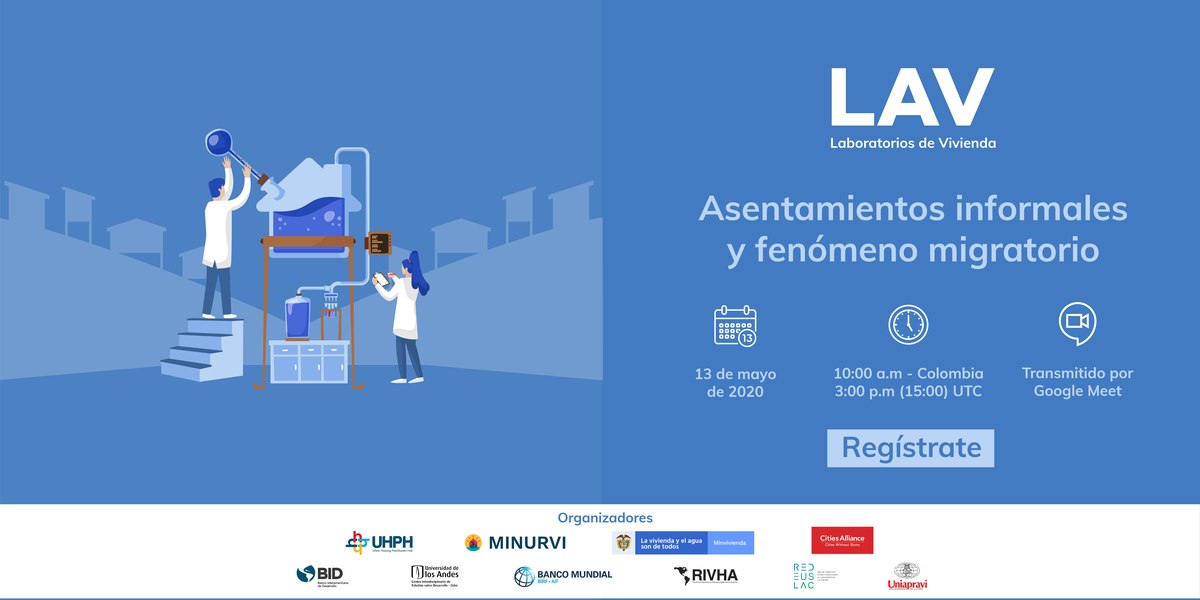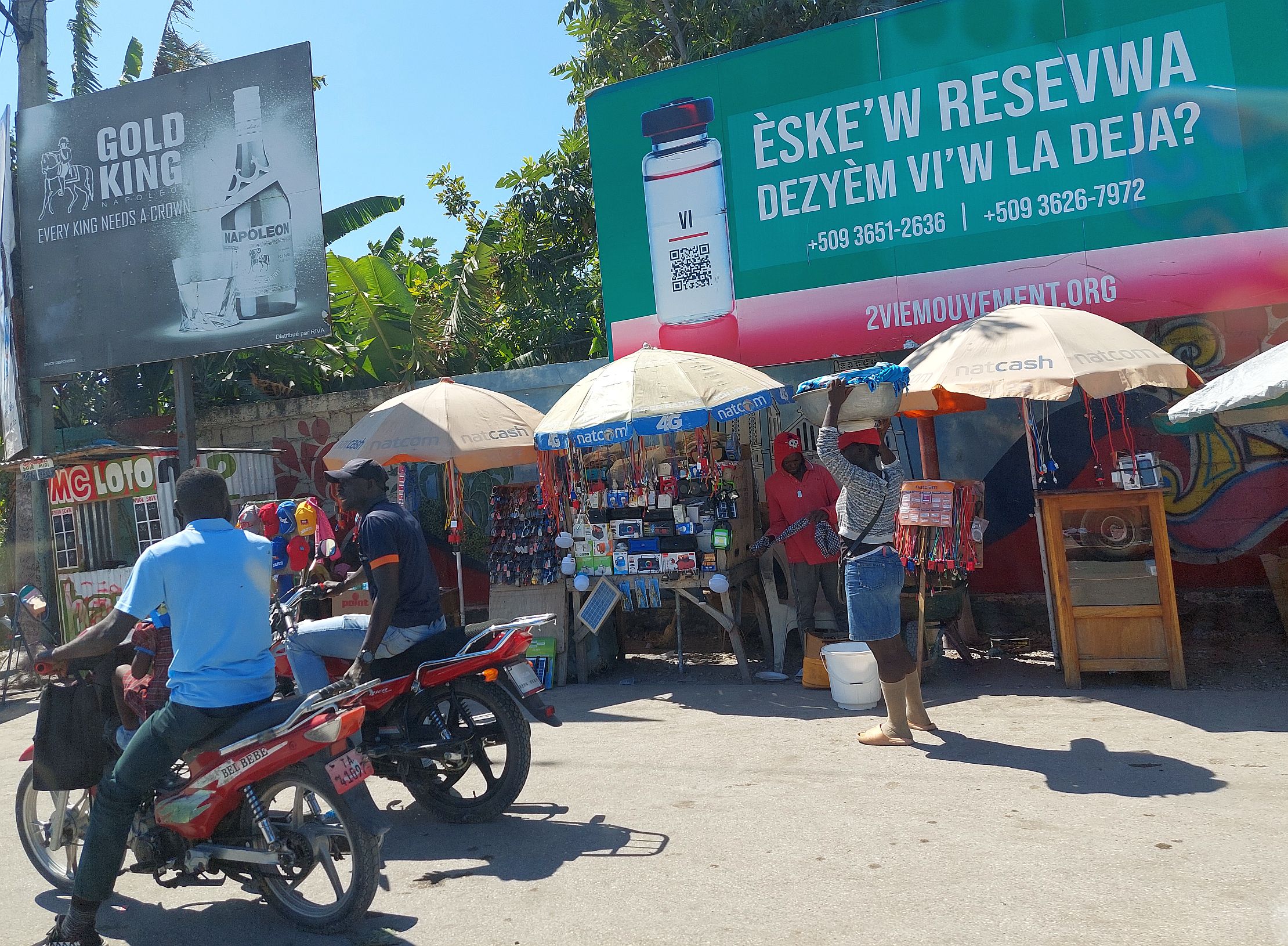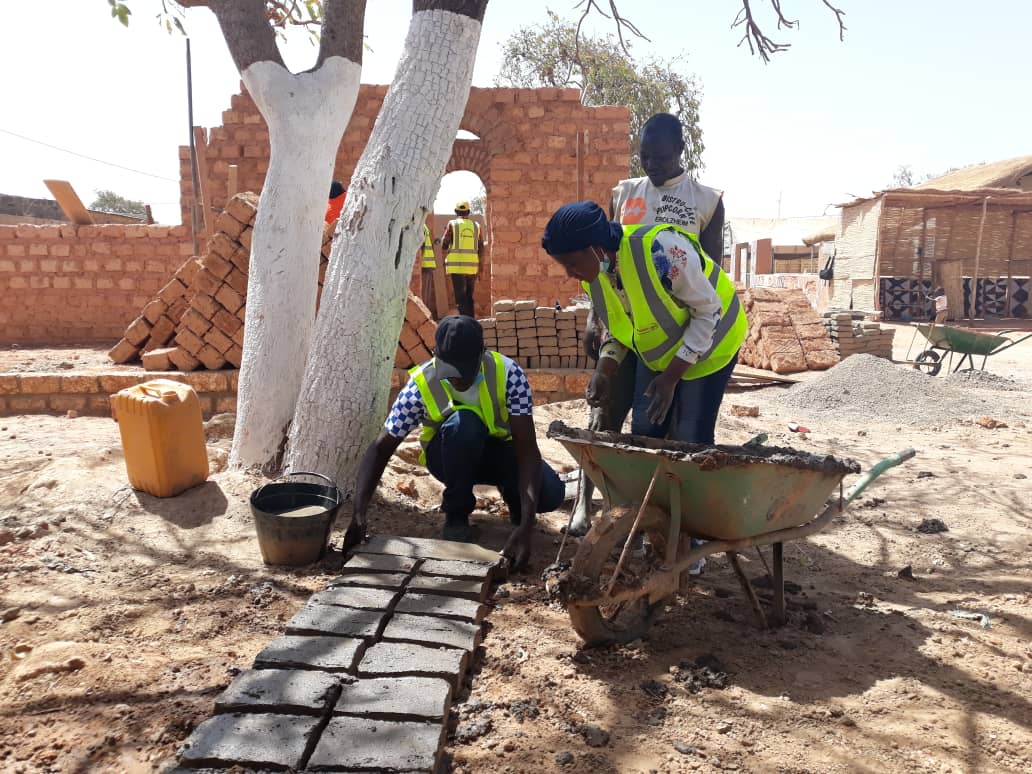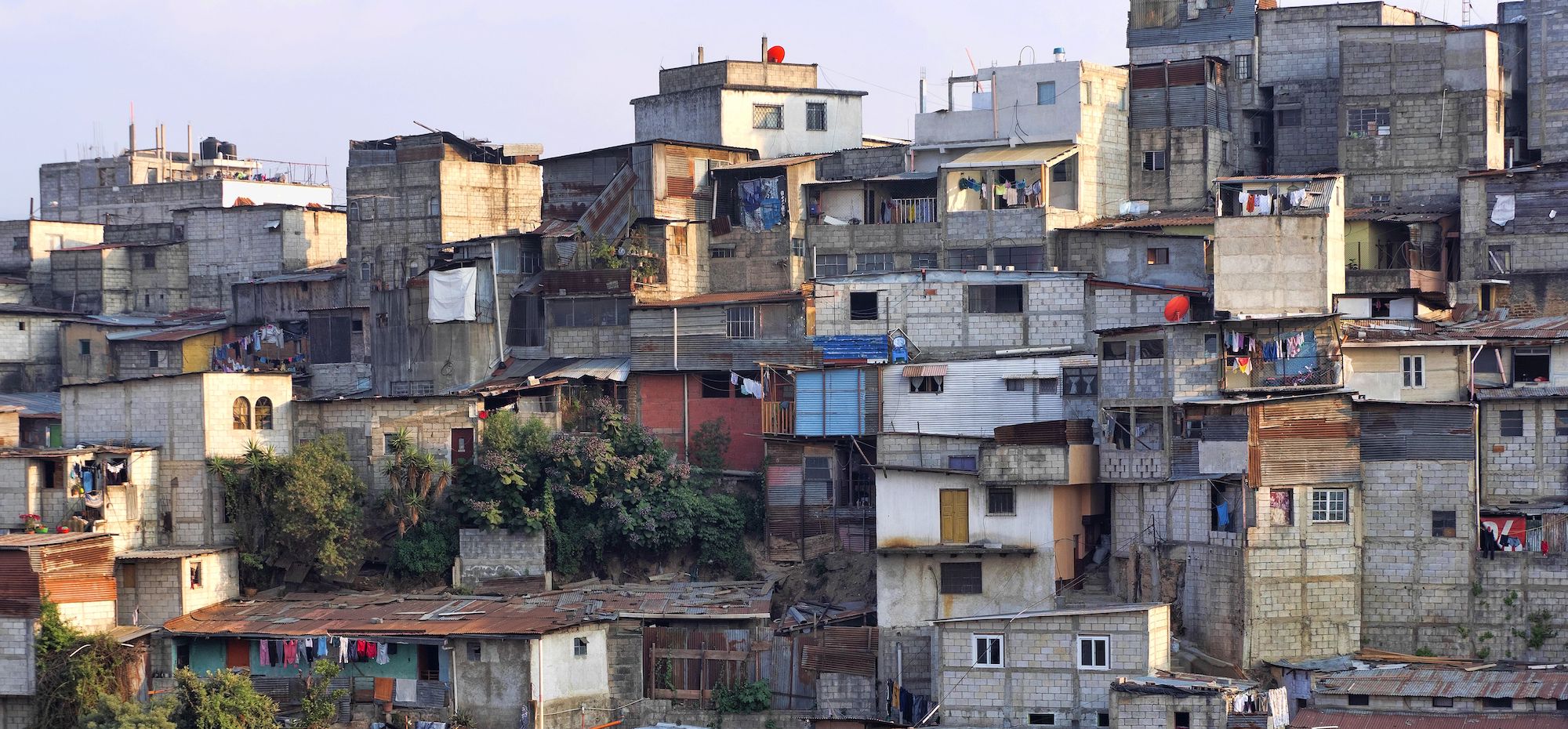By Anaclaudia Rossbach, Regional Manager – Latin America and the Caribbean, and Yamila Castro, Communications lead at Cities Alliance
The emergence of the COVID-19 crisis unveiled structural inequalities and spatial segregation in Latin America and the Caribbean (LAC), where 21% of the urban population lives in slums, and nearly 53% works in the informal economy. A paradox, in a region with more than 40 years of experience in slum upgrading.
The outbreak has been a wake-up call for LAC governments and a strong regional mobilization is currently taking place. Cities Alliance, through the Urban Housing Practitioners Hub (UHPH), and in close collaboration with Habitat for Humanity, local governments, civil society, and research organizations, is facilitating the discussion among urban actors, to exchange on the crisis response, and reflect on more sustainable and longer-term perspectives, focusing on informal settlements.
The outbreak has been a wake-up call for governments in Latin America and the Caribbean, where 21% of the urban population lives in slums, and nearly 53% works in the informal economy.
Within the Housing Laboratories framework (Laboratorios de Vivienda – LAVs in Spanish), these discussions are organized based on the demands of national authorities. They bring together a community of practitioners to generate shared visions and align efforts during an open debate. In the wake of the pandemic, six LAVs have been held in recent weeks, on topics ranging from housing policies to metropolitan coordination, to migration, and lessons learned on slum upgrading between South Africa and LAC.

The high level of attendance to the LAVs’, some of them live-streamed, and already a few concrete results, confirm the need to tackle the long-overdue agenda on the informality of land and labour, as a critical determinant of the evolution of the pandemic and the recovery phase, especially in developing countries.
One significant outcome is the announced Plan for the post-COVID-19 Recovery of Central America, which puts housing and informal settlement upgrading at the centre of the region’s social and economic recovery plans. Through the LAVs, key trends and messages are also emerging, and paving the way toward a more radical urban shift:
- The role of communities, social organizations, and their respective networks is critical. It is not possible to collect information, provide access, coordinate responses, and monitor the situation in informal settlements without the active engagement of local communities. They have been key to offering responses and leading solidarity efforts in support of the most vulnerable, in the form of informal safety nets.
- Local governments are on the frontline of response. From access to health care and sanitation to reception and integration of migrants, provision of emergency shelter, and addressing domestic and gender-based violence, city governments play a crucial role in the COVID-19 response. Their action requires strong coordination at the metropolitan, regional and national levels.
- National governments play a key role. They are responding to urgently regulate and concede moratorium for rents, basic services, and mortgages. Laws and regulations concerning land use and rights have already been relaxed in Mexico, Panama, and Argentina. Topics such as land access for new housing needs and the review of slum upgrading approaches, financial schemes, and obsolete legal frameworks, have also been put on the agenda.
The discussions also show a consensus on the immediate need to guarantee flexible land use and secure tenure to avoid an even larger disruption. This is critical to optimize resources and allow coordinated responses at the settlement level, securing people’s lives during the emergency, while pursuing more permanent and effective measures.
The LAVs reveal the strong capacity of city actors to create informal multisector arrangements to manage the crisis.
The platform for knowledge sharing and dialogue offered by the LAVs may reflect a new way of designing and implementing policies, as the experiences showcased so far reveal the strong capacity of city actors to create informal multisector arrangements for crisis management.
The case for multilevel participatory governance and the need for collaborative approaches and collective action became evident through the pandemic. Are new urban governance structures and shared decision-making mechanisms emerging from the crisis? These questions are yet to be answered but they intrinsically relate to the shared vision of the New Urban Agenda and the Sustainable Development Goals, for a better and more sustainable future.
Learn more about LAVs
Upcoming:
South Africa - LAC series: The Kosovo Upgrading Project
El Salvador: Law of Territorial Planning and Development
Previous events:
Informal settlements and social housing: COVID-19 impacts and answers
Metropolitan governance responses and challenges towards the COVID19
Informal Settlements and Migration in Latin America
Latin America: Housing Ministers Dialogue
Mexico: Informal settlements and COVID
South Africa - LAC series: Approaches to Slum Upgrading in a COVID-19 Era.





